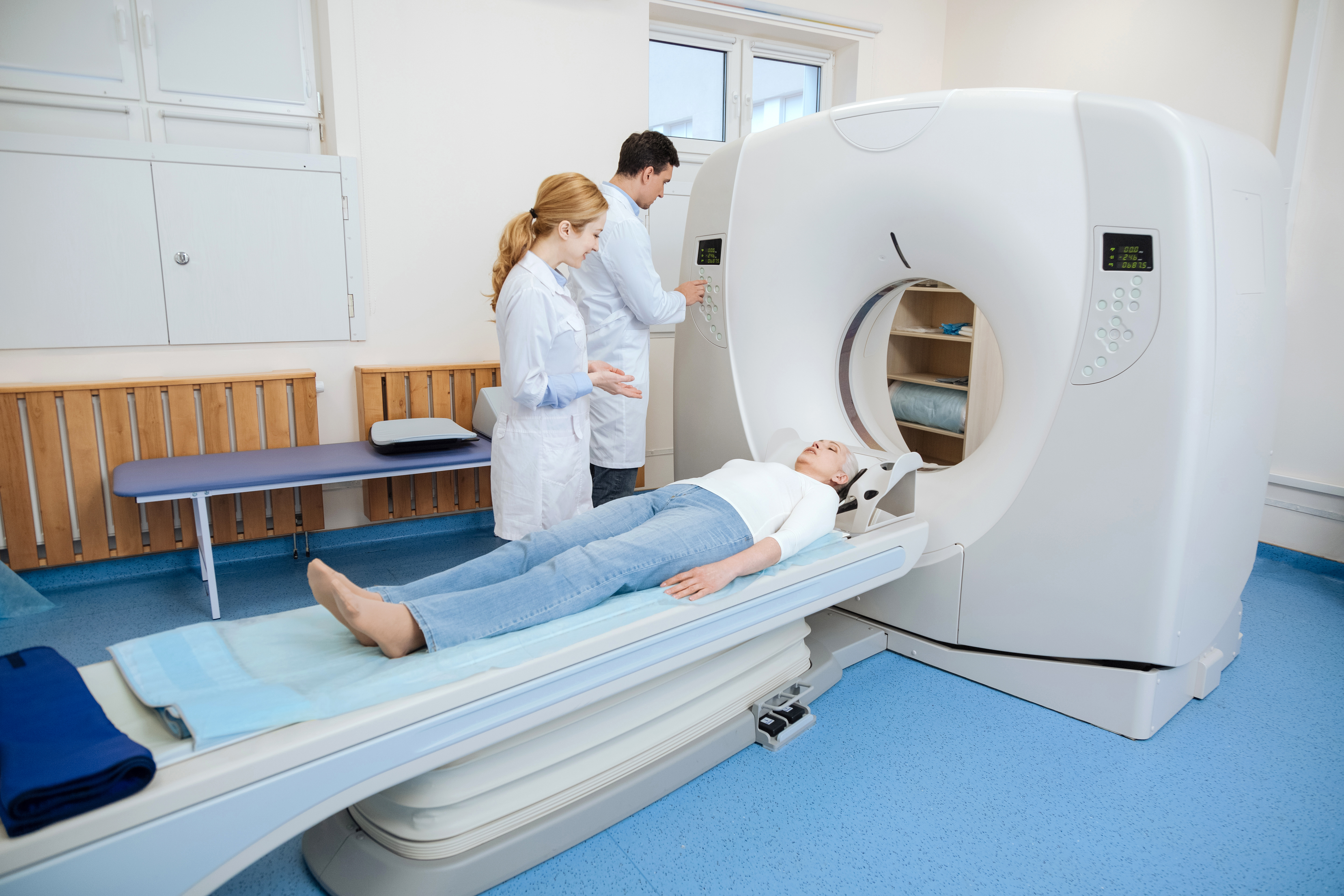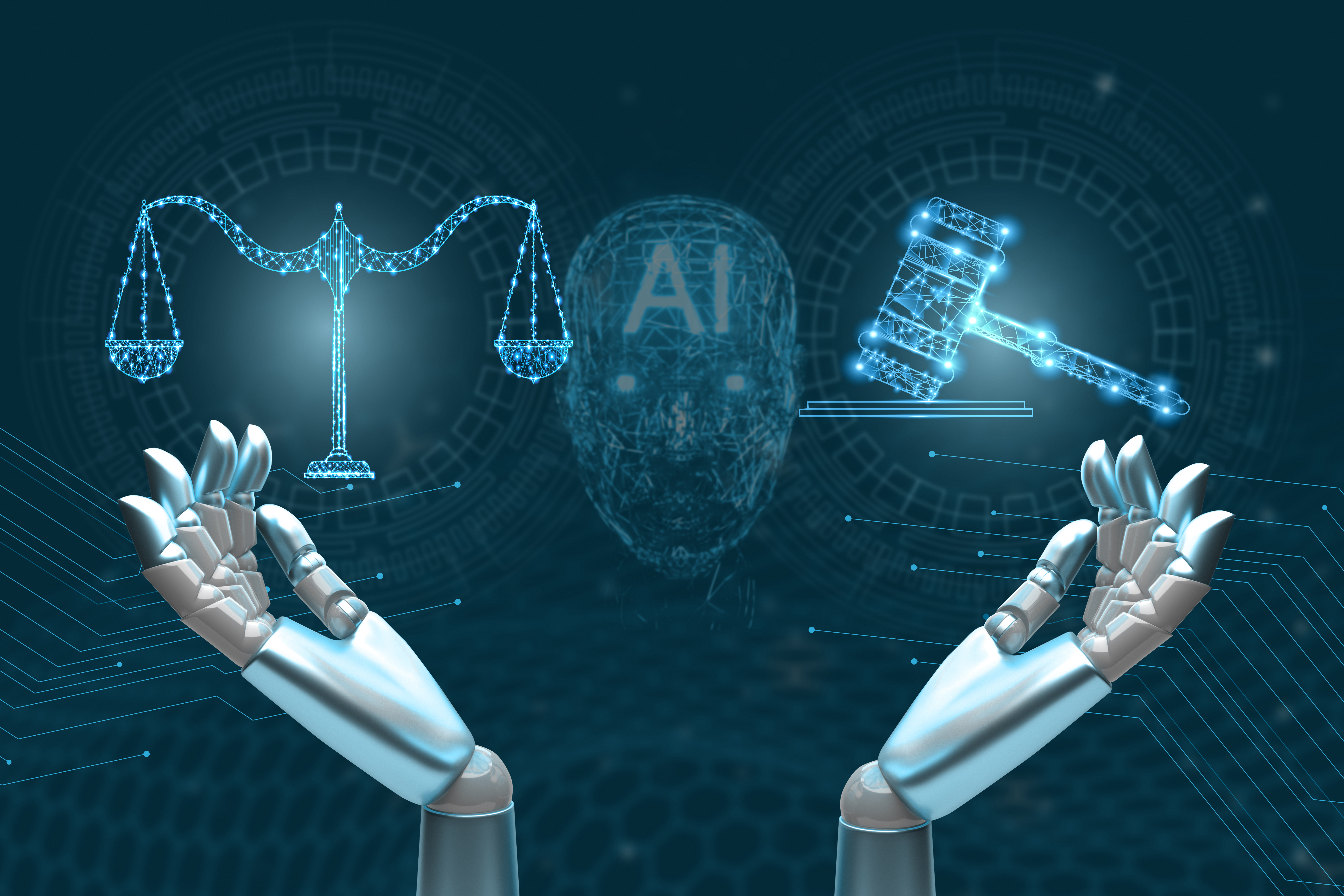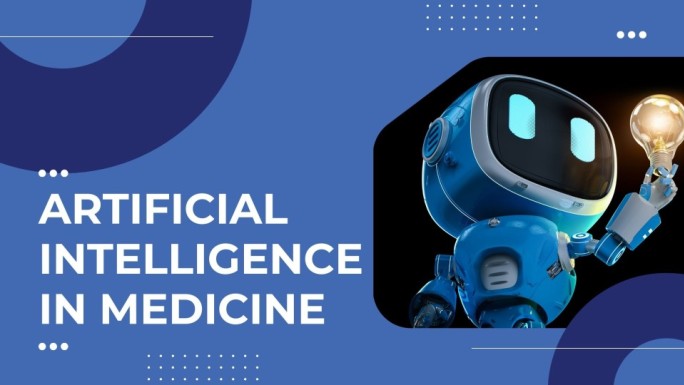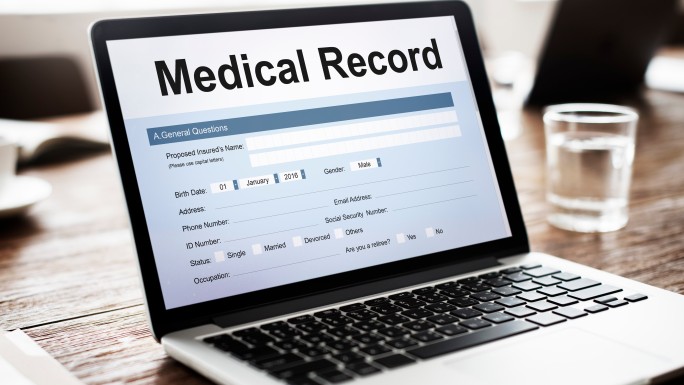How AI improves medical diagnosis
Imagine a world where a simple scan or blood test can be analyzed by an intelligent system, identifying potential illnesses with incredible accuracy. This is no longer science fiction. Artificial intelligence (AI) is rapidly transforming the healthcare landscape, and one of its most promising applications is in medical diagnosis.
In this blog, we'll explore the exciting ways AI is improving how doctors diagnose diseases, leading to earlier detection, better treatment plans, and ultimately, improved patient outcomes.
Understanding Medical Diagnosis
Medical diagnosis plays a crucial role in healthcare by guiding treatment decisions and ultimately improving patient outcomes. Traditionally, this process has heavily relied on the expertise of healthcare professionals who assess clinical symptoms, medical history, and diagnostic tests.
In the United States, an estimated 12 million adults, constituting about 5% of outpatients, receive an incorrect diagnosis annually. These errors are particularly prevalent in diagnosing serious medical conditions and can pose significant risks to patients.
Additionally, a persistent challenge in medicine involves swiftly and accurately diagnosing patients when faced with a large volume of scans or images. This task typically demands considerable time and expertise from specialized professionals and is primarily a manual process. However, leveraging AI to analyze images can reduce the burden of image review without compromising accuracy.
According to Nature Research Custom Media, It will take a senior radiologist at least 20 minutes to look at a tomography (CT) scan which comprises anywhere from 200 to 400 images,” while AI-based CT scan reading takes about only 20 seconds.
That’s why we need innovation and improvement in diagnostic processes
Advantages of AI in Medical Diagnosis
AI offers a multitude of advantages in medical diagnosis, revolutionizing traditional healthcare practices including
Increased Accuracy and Efficiency in Diagnosis: AI algorithms can analyze vast amounts of medical data with unparalleled accuracy and speed, leading to more precise diagnoses. By efficiently processing complex information, AI assists healthcare professionals in making informed decisions swiftly, enhancing patient care outcomes.
Early Detection of Diseases and Conditions: Through advanced pattern recognition and analysis, AI can detect subtle signs and symptoms of diseases at earlier stages than conventional methods. This early detection enables timely intervention and treatment, potentially improving patient prognosis and survival rates.
Personalized Medicine and Treatment Recommendations: AI's ability to analyze individual patient data, including genetic makeup, medical history, and lifestyle factors, facilitates the delivery of personalized treatment plans. By tailoring interventions to specific patient needs, AI maximizes treatment effectiveness and minimizes adverse effects, ultimately optimizing patient outcomes.
Reduction in Diagnostic Errors and Healthcare Costs: By complementing human expertise and providing real-time feedback, AI helps mitigate diagnostic errors, leading to more reliable diagnoses and treatment decisions. Additionally, AI streamlines healthcare processes, reduces unnecessary tests and procedures, and optimizes resource allocation, resulting in cost savings for healthcare providers and patients alike.
Real-World Applications of AI in Medical Diagnosis
Let’s look at some outstanding AI applications in medical diagnosis!
DeepMind, a Google AI lab, has developed algorithms using artificial intelligence that can predict acute kidney injury within a 48-hour window, enabling earlier medical intervention. (Medical Group Management Association)
In a proof-of-concept study conducted at Johns Hopkins' Sidney Kimmel Comprehensive Cancer Center, a machine learning tool named CompCyst demonstrated superior performance compared to current clinical practice in distinguishing pancreatic cysts with no cancer risk, those containing cancer, and those necessitating immediate surgery, as reported by ElevenHealth.

Additionally, the Arterys AI system, as mentioned in Fierce Biotech, has the capability to segment MRI images of the heart and brain, accurately measuring their respective functions.
Challenges and Limitations
Artificial Intelligence (AI) has shown remarkable promise in revolutionizing medical diagnosis, offering the potential to improve the accuracy, efficiency, and accessibility of healthcare services. However, its implementation is not without challenges and limitations, which need to be addressed for its successful integration into medical practice.
1. Data Quality and Availability Issues
AI algorithms heavily rely on large volumes of high-quality data for training and validation. However, in the medical field, obtaining such datasets can be challenging due to various factors including privacy concerns, data silos, and inconsistency in data formats. Moreover, biases present in the data can lead to skewed results, affecting the algorithm's performance and generalizability. Improving data quality and ensuring data availability while maintaining patient privacy remain significant hurdles.
2. Interpretability and Trustworthiness of AI Algorithms
The "black box" nature of some AI algorithms poses challenges in understanding how they arrive at a diagnosis or recommendation. Lack of interpretability raises concerns among healthcare professionals about the reliability and trustworthiness of AI-driven decisions. Clear explanations of AI's reasoning processes are crucial for gaining acceptance and trust among clinicians and patients, particularly in critical medical scenarios.
3. Regulatory and Ethical Considerations
The deployment of AI in medical diagnosis raises complex regulatory and ethical issues. Regulatory bodies face the challenge of developing appropriate guidelines and frameworks to ensure the safety, efficacy, and ethical use of AI technologies in healthcare. Ethical considerations include issues related to patient consent, accountability, transparency, and fairness in algorithmic decision-making. Striking a balance between innovation and patient safety while adhering to regulatory standards is a significant challenge for healthcare stakeholders.

4. Integration with Existing Healthcare Systems and Workflows
Integrating AI tools seamlessly into existing healthcare systems and workflows is essential for their successful adoption. However, compatibility issues, interoperability concerns, and resistance to change from healthcare providers can impede the smooth integration of AI technologies. Ensuring that AI solutions complement rather than disrupt clinical workflows and that they add value to existing diagnostic processes is crucial for acceptance and adoption by healthcare professionals.
Conclusion
In conclusion, the integration of Artificial Intelligence (AI) into medical diagnosis represents a significant leap forward in healthcare delivery. By harnessing the power of AI algorithms to analyze vast amounts of data, healthcare providers can achieve more precise, personalized, and timely diagnoses. While AI is a powerful tool, it's important to remember it works alongside, not in place of, human expertise. Doctors will continue to play a vital role, utilizing their experience and judgment in conjunction with AI insights to deliver optimal patient care. As AI technology continues to evolve, we can expect even more groundbreaking applications, pushing the boundaries of medical diagnosis.





